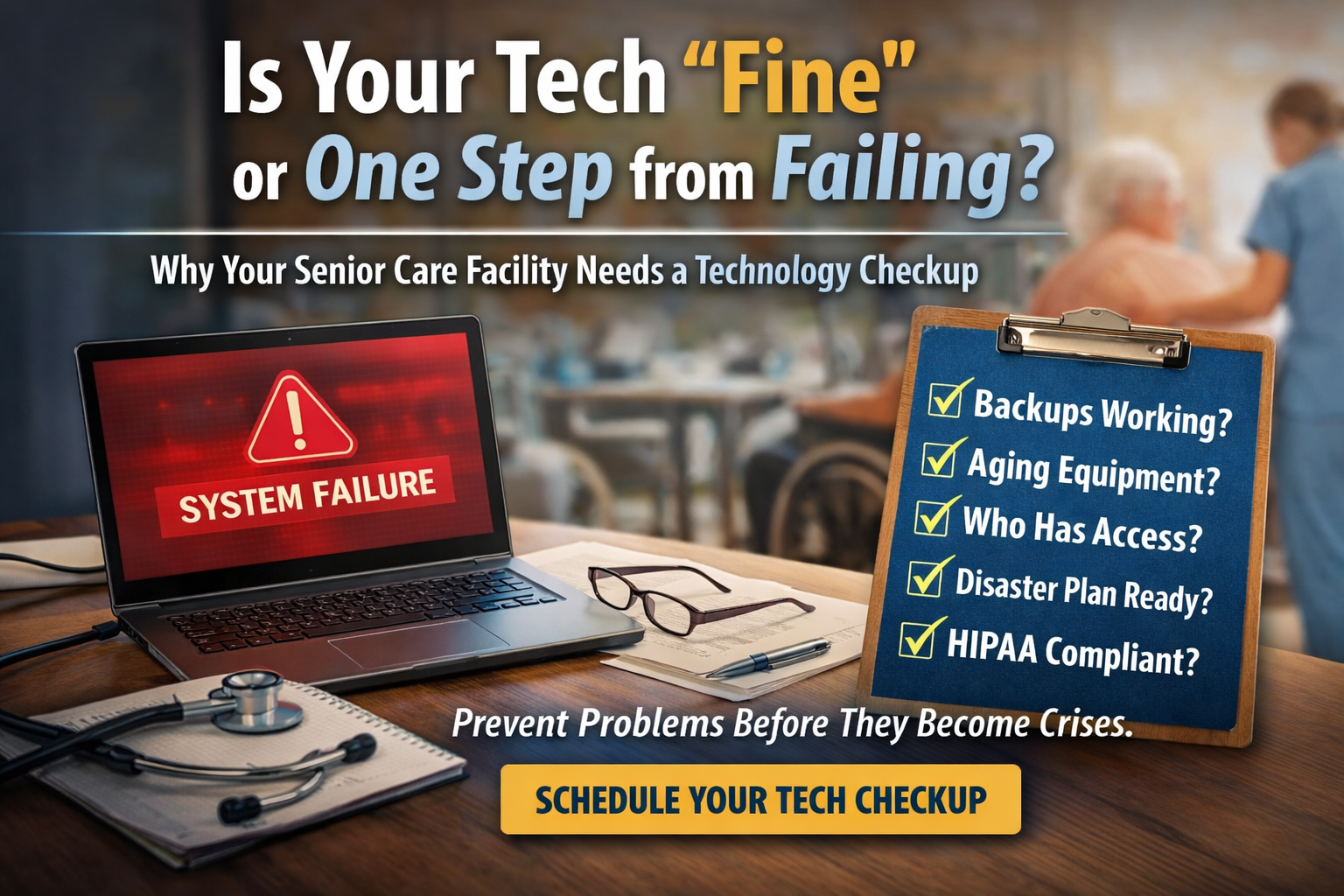Compliance Is No Longer Optional—Even for Small Businesses
Think regulatory compliance is only a concern for Fortune 500 companies? Think again. In 2025, compliance enforcement is zeroing in on small and mid-sized businesses—and the consequences of being unprepared can be devastating.
With increasing scrutiny from government and industry regulators, businesses that mishandle sensitive data are facing severe fines, lawsuits, and reputational harm. If you operate in healthcare, process credit cards, or collect financial data—you’re in the crosshairs.
Why Small Business Compliance Matters More Than Ever
Agencies like the U.S. Department of Health and Human Services (HHS), Payment Card Industry Security Standards Council (PCI SSC), and the Federal Trade Commission (FTC) have all intensified enforcement efforts. Noncompliance is no longer just a legal risk—it’s a threat to your bottom line and your brand.
3 Key Compliance Regulations You Can’t Afford to Ignore
1. HIPAA: Health Insurance Portability and Accountability Act
If you manage Protected Health Information (PHI), HIPAA applies to you—even if you’re a small clinic, billing company, or senior care provider. Recent updates now require:
- Mandatory encryption of electronic PHI
- Annual risk assessments
- Security awareness training for all employees
- Documented incident response plans
🔒 In 2024, a small healthcare provider was fined $1.5 million for failing to implement proper safeguards.
2. PCI DSS: Payment Card Industry Data Security Standard
Every business that processes, stores, or transmits credit card data must comply with PCI DSS. Core requirements include:
- Firewall configuration and network security
- Secure handling and storage of cardholder data
- Role-based access controls
- Regular vulnerability testing and logging
💳 Failure to comply can result in penalties up to $100,000 per month, depending on severity.
3. FTC Safeguards Rule
If your business collects personal financial data (e.g., mortgage brokers, auto dealers, tax preparers), the FTC now requires you to:
- Maintain a written information security program
- Assign a qualified individual to manage it
- Perform annual risk assessments
- Implement multi-factor authentication (MFA)
⚠️ Violations can cost $100,000 per incident for businesses and up to $10,000 for responsible individuals.
Real-World Consequences of Ignoring Compliance
Still think it’s just paperwork? A small medical practice that failed to update its security protocols suffered a ransomware attack. The result?
- $250,000 in HHS fines
- Loss of patient trust
- Permanent damage to their reputation
Regulatory agencies don’t accept “we didn’t know” as an excuse.
Your 5-Step Compliance Action Plan
1. Conduct a Risk Assessment: Identify and document security gaps before regulators (or attackers) do.
2. Strengthen Your Defenses: Use encryption, firewalls, and MFA to reduce exposure.
3. Train Your Team: Employee awareness is your first line of defense.
4. Prepare for the Worst: A written incident response plan is now a must-have.
5. Get Expert Help: Partner with a compliance and cybersecurity provider that understands your industry and can guide you through audits and enforcement risks.
Don't Let a Blind Spot Cost You Everything
Noncompliance is expensive, preventable, and entirely avoidable with the right strategy. Proactive compliance isn’t just a checkbox—it’s a competitive advantage and a sign of business maturity.
✅ Get Your FREE Network & Compliance Risk Assessment
BounceBack Solutions is offering a no-cost compliance and cybersecurity assessment to help small businesses like yours identify hidden risks and meet 2025’s regulatory demands.
🔍 Book your FREE assessment today and protect your business from costly penalties.
👉 Click here to schedule your free assessment now
















